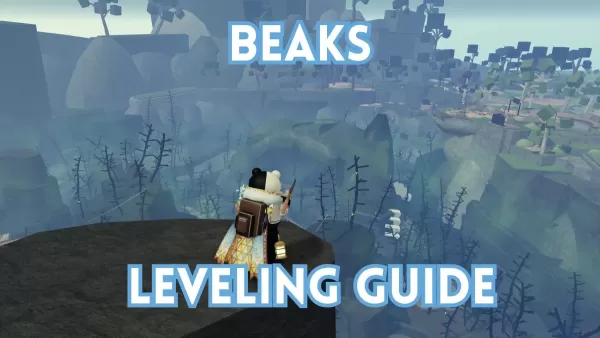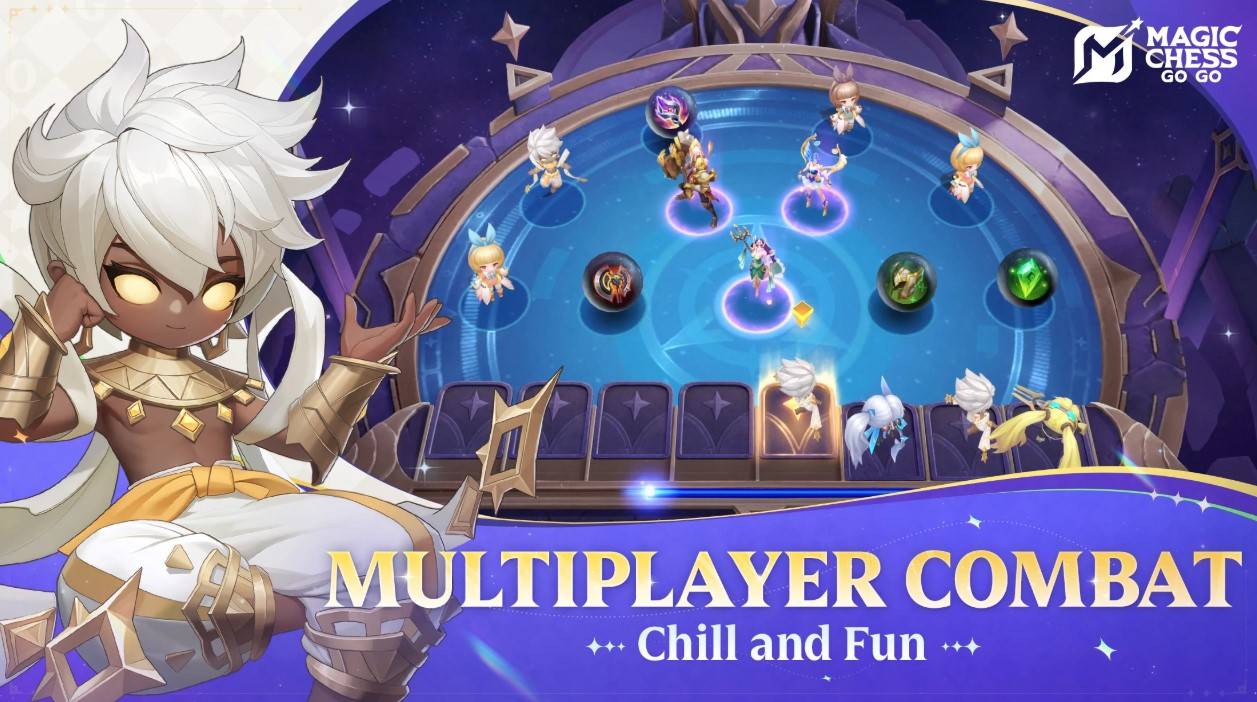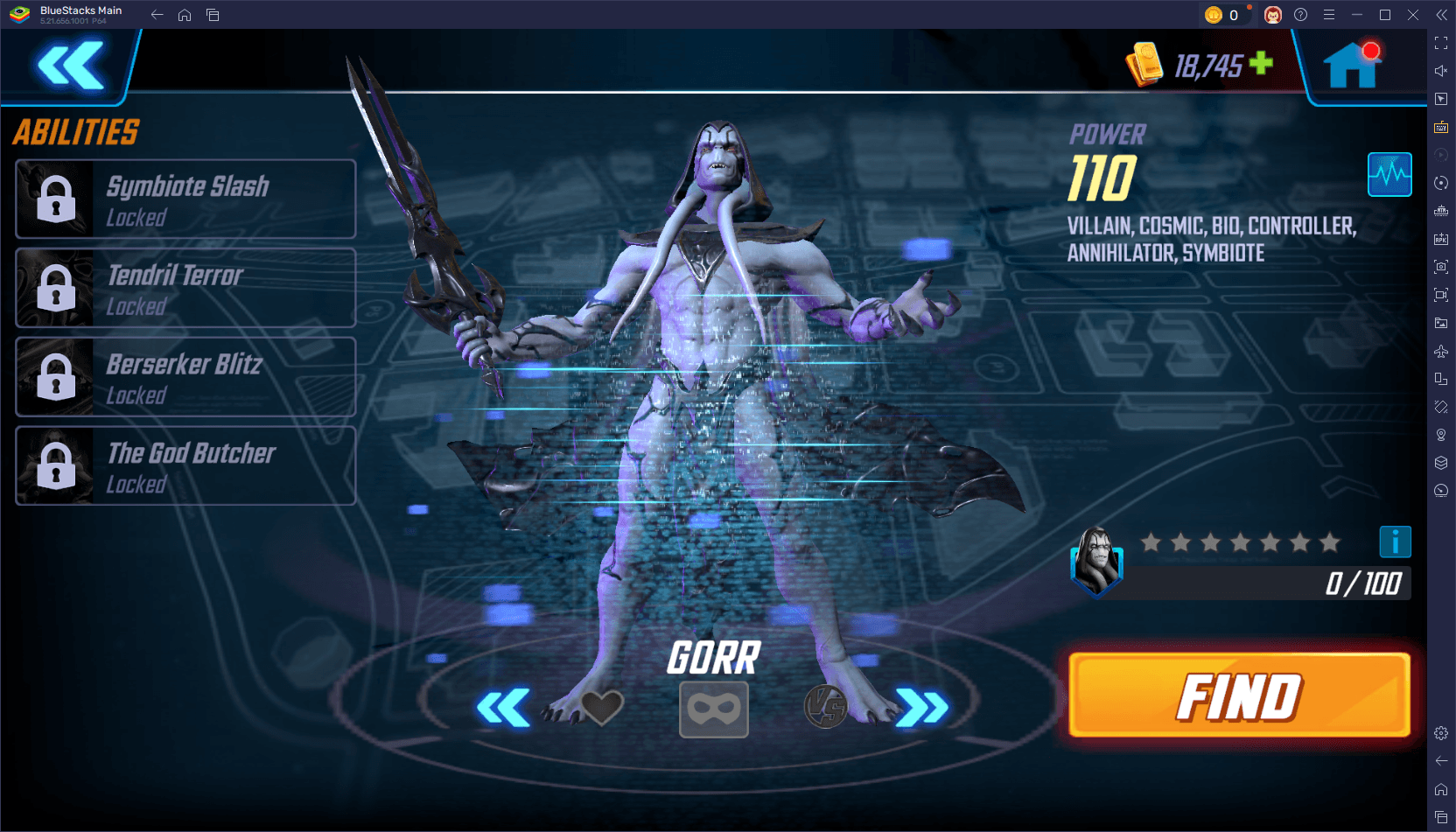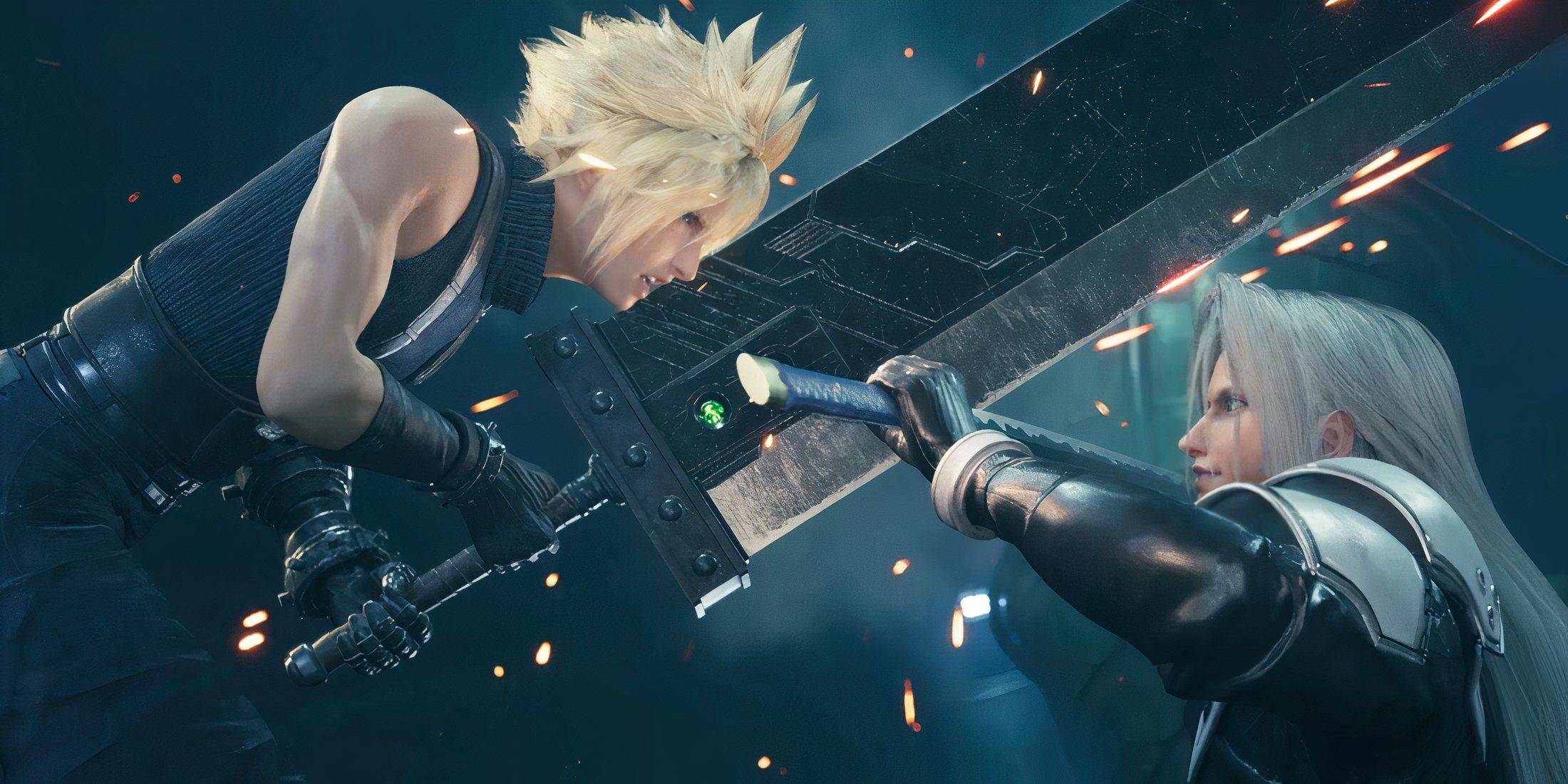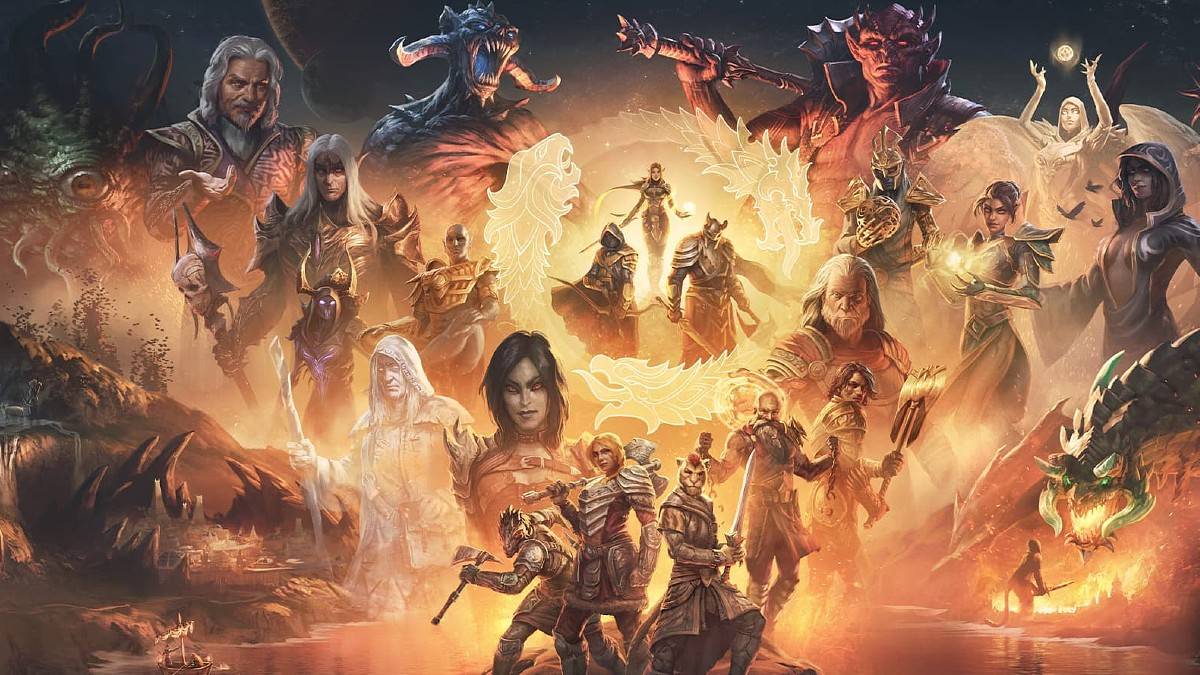Activision recently captured the gaming world's attention with unexpected advertisements for new projects within its renowned franchises, including Guitar Hero, Crash Bandicoot, and Call of Duty. However, the buzz wasn't about the announcements themselves, but rather the revelation that these promotional materials were crafted using neural networks.
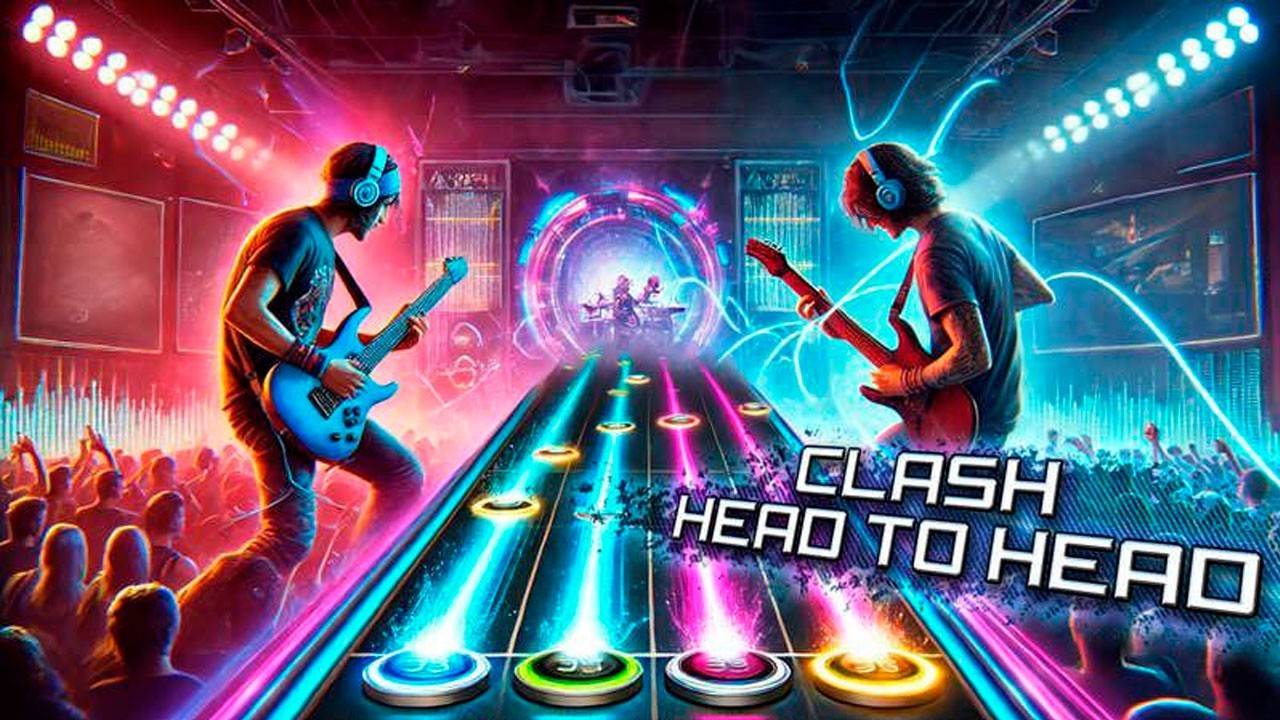 Image: apple.com
Image: apple.com
The initial advertisement surfaced on one of Activision's social media platforms, promoting Guitar Hero Mobile and directing users to a pre-order page on the App Store. The community quickly pointed out the bizarre and unnatural visuals, igniting widespread discussion. Subsequent reports highlighted other mobile titles like Crash Bandicoot Brawl and Call of Duty Mobile, which also showcased AI-generated art in their advertisements. Initially, there was speculation about hacked accounts, but it was soon revealed as an unconventional marketing strategy.
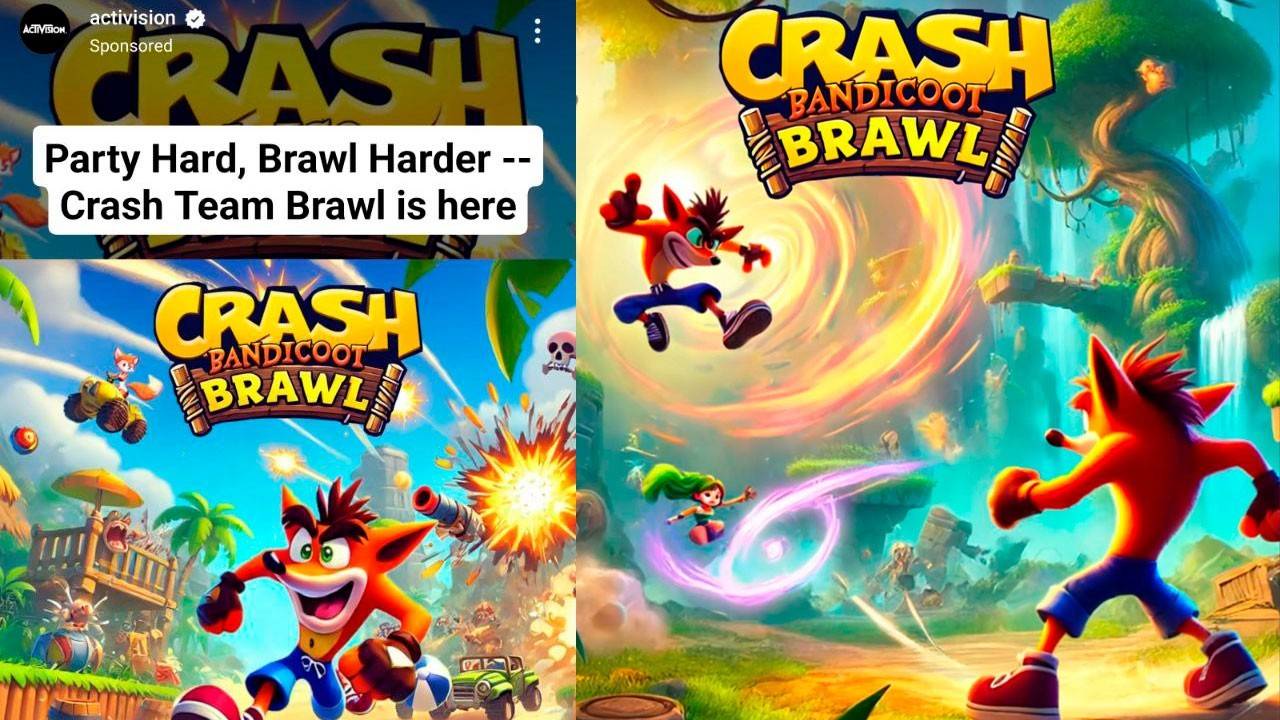 Image: apple.com
Image: apple.com
The gaming community's response was overwhelmingly negative. Fans expressed strong disapproval of Activision's decision to employ generative AI over collaborating with professional artists and designers. Concerns were raised that this approach might degrade game quality into "AI garbage," with some drawing unfavorable comparisons to Electronic Arts, known for its contentious decisions in the industry.
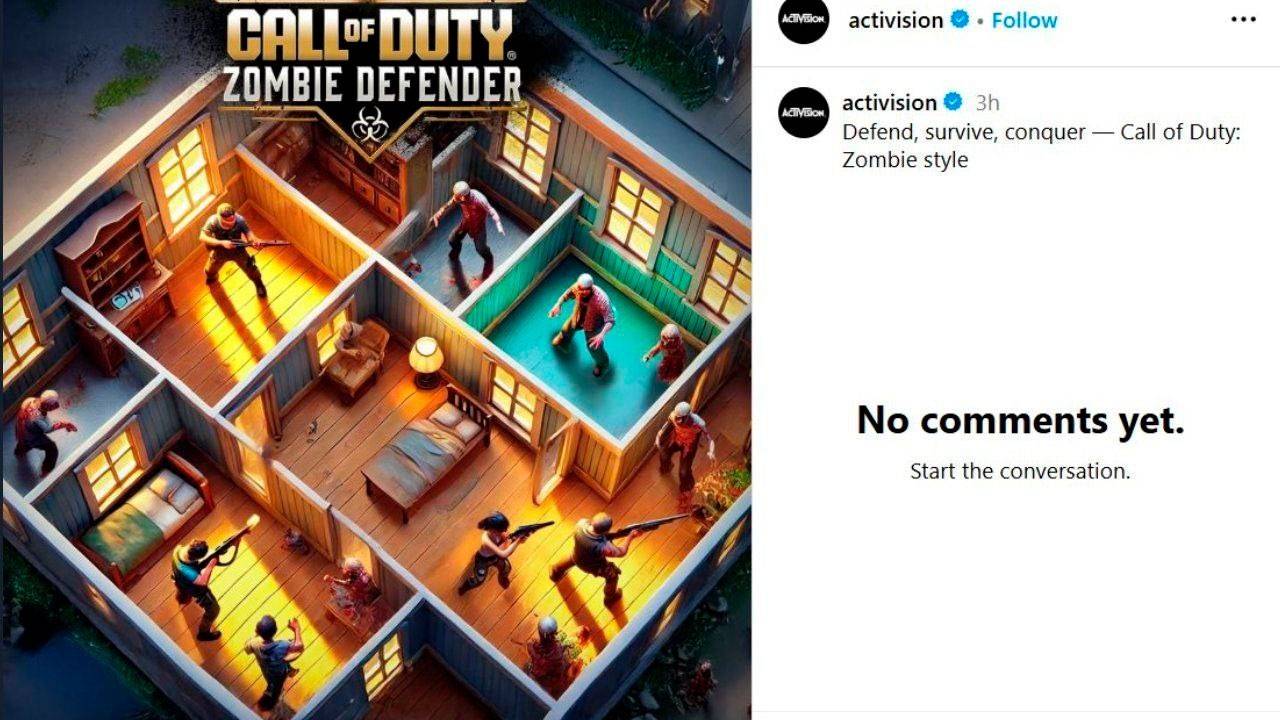 Image: apple.com
Image: apple.com
The use of AI in both development and marketing is increasingly becoming a hot-button issue for Activision. The company has confirmed the active use of neural networks in content creation for Call of Duty: Black Ops 6.
In the wake of significant backlash, some promotional posts were removed. It remains uncertain whether Activision genuinely intends to launch these games or if they were merely testing the waters with provocative marketing materials.




